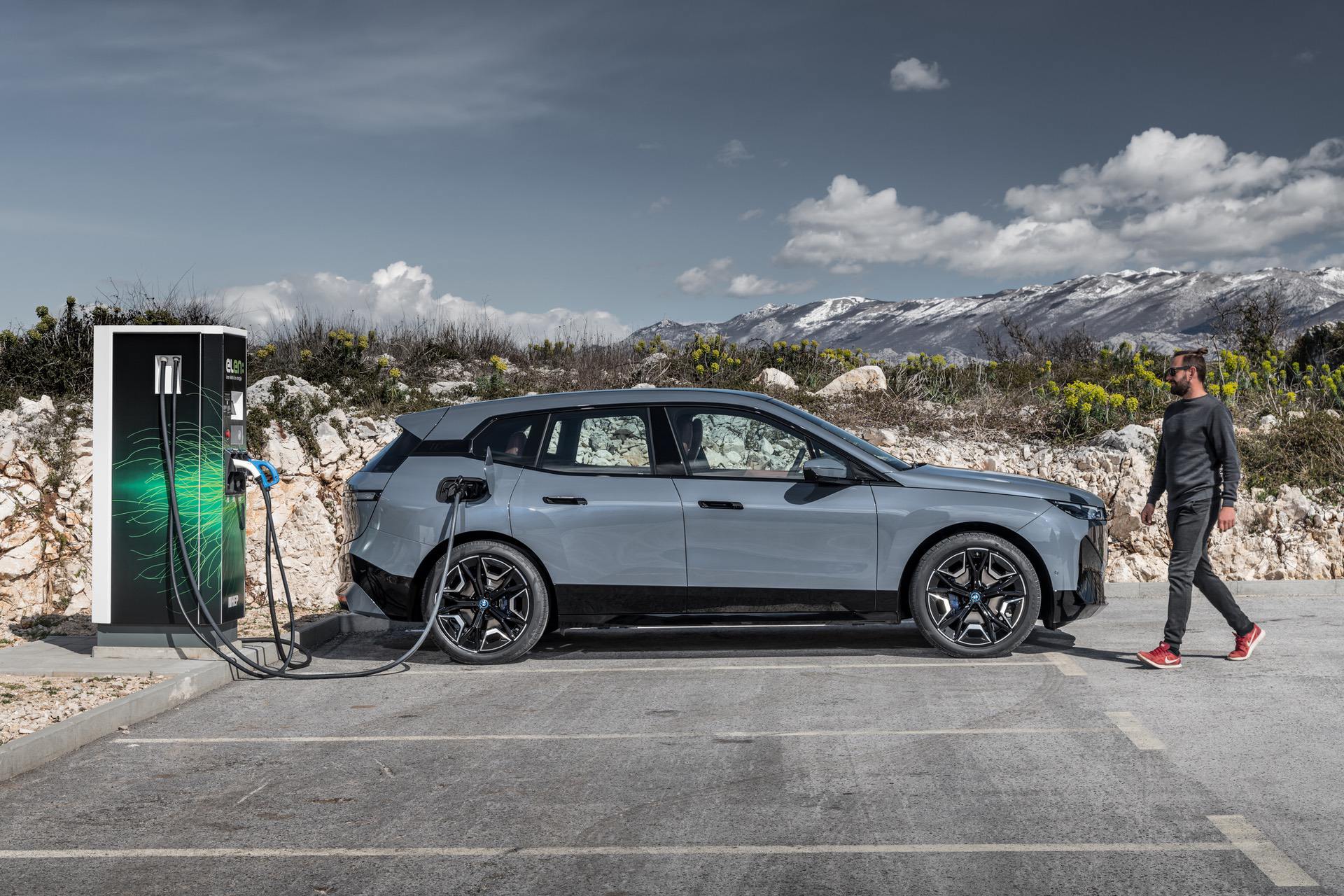The rumors were true as the European Commission unveiled today a proposal seeking zero emissions from cars by the middle of the next decade. It effectively means automakers won’t be able to sell new cars equipped with gasoline and diesel engines by 2035. Bear in mind this decision would only impact the 27 members of the European Union, not the whole European continent, which encompasses a total of 44 countries.
The drastic proposal is part of a wider climate package, which also targets a minimum 55% reduction of emissions from cars by 2030 compared to 1990 levels. By the end of the decade, the European Commission wants van manufacturers to halve fleet emissions as part of the ultimate goal for the Old Continent to reach carbon neutrality by 2050. Zero emissions mean all types of hybrids and plug-in hybrids will be banned, along with LPG and other similar fuels. Car manufacturers would only be able to sell battery-electric and hydrogen fuel cell cars. There is a distinct possibility eco-friendly synthetic fuels will be fully developed in this 14-year timeframe, but mass production is an entirely different story.
For the combustion car sales ban to happen, it must be formally approved by the member states of the European Union as well as by the European Parliament. It goes without saying countries with large automotive industries such as German and France are not exactly eager to ditch the ol’ ICE anytime soon, so for the plan to come into effect, it’s going to require long hours of negotiations.

Some automakers have already been preparing for this 2035 goal as Jaguar will be going pure EV as early as 2025. Opel recently announced plans to abandon the internal combustion engine in 2028, while Ford of Europe, Volvo, and Bentley will be doing the same in 2030. Audi is not far behind, promising to ditch ICE-powered vehicles all over the world (except for China) by 2033.
Large European automotive conglomerates such as the VW Group, BMW, and Mercedes have not announced cut-off dates for the ICE, but all three have vowed to gradually phase out gasoline and diesel engines, much like Stellantis. In addition, these auto giants have announced a multitude of EVs that will be arriving in the following years to replace more and more conventionally powered cars.
Source: European Commission
